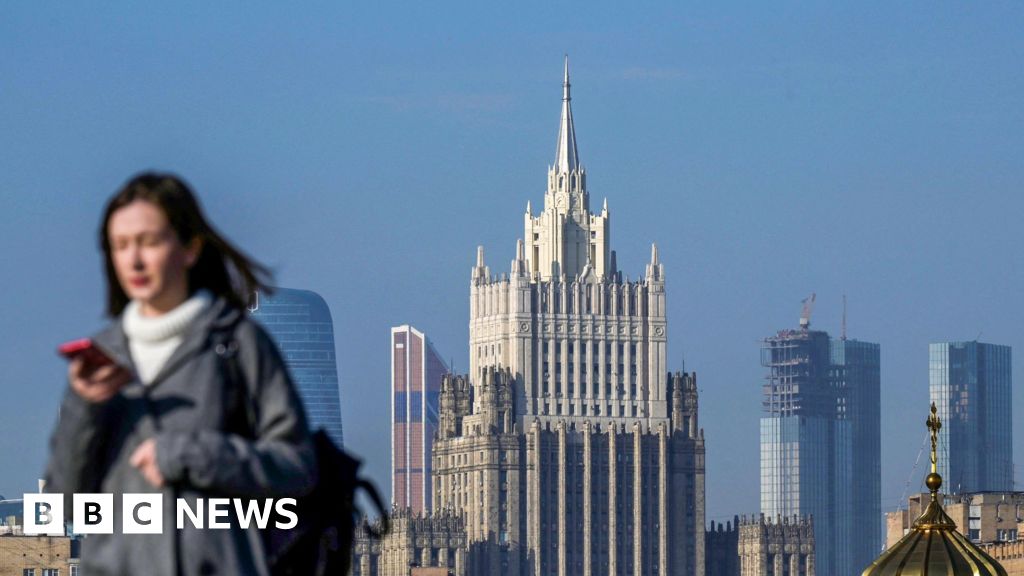Sergey Goryashko BBC News Russian NATALIA KOLESNIKOVA/AFP via Getty Images For many Russians, going online has become harder as censorship has tightened access to popular apps Marina, a 45-year-old freelance copywriter, has relied on WhatsApp for her work and personal life for years. But one day last month that abruptly changed when a call to a colleague did not go through properly. They tried Telegram – another messaging app popular in Russia – but that did not work either. She was one of millions of Russians facing new restrictions imposed in mid-August by Russia’s media regulator, Roskomnadzor, on calls made through the two platforms – the country’s most popular apps. The timing coincides with the rollout of a new “national messenger” app known as Max and created by a Russian firm closely controlled by the Kremlin. Monthly user numbers of WhatsApp and Telegram are estimated to be 97 and 90 million respectively — in a country of 143 million people. From parents’ chats to tenants’ groups, much of daily life runs through them. WhatsApp – whose owner, Meta, is designated an extremist organisation in Russia – is especially popular with older people because of how easy it is to register
Read More
Russia targets WhatsApp and pushes new ‘super-app’ as internet blackouts grow – BBC

Russia targets WhatsApp and pushes new ‘super-app’ as internet blackouts grow – BBC